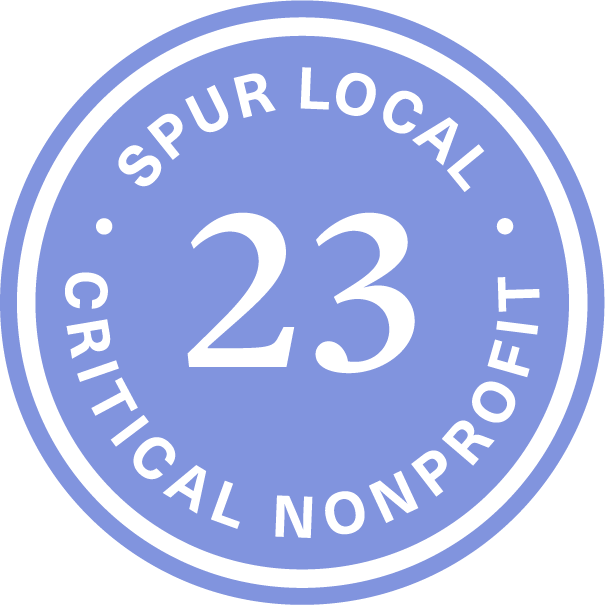The Violence Against Women Act (VAWA) was originally enacted in 1994 as a much needed response to domestic and sexual violence trending nationwide. VAWA was the first piece of federal legislation that addressed violence against women specifically by instituting “enhanced sentencing of repeat federal sex offenders; mandated restitution to victims of specified federal sex offenses; and authorized grants to state, local, and tribal law enforcement entities to investigate and prosecute violent crimes against women.”1 Since then, VAWA has gone through several iterations as it has been re-authorized in 2000, 2005, 2013, and most recently an extension was filed through December 21, 2018; but the vote has since been stalled in the House and has since expired amid the government shutdown.
“’Don’t let this go unnoticed: the Violence Against Women Act, which helps survivors of domestic violence and sexual assault, expired with the government shutdown,’ Sen. Kamala Harris (D-Calif.) tweeted on Sunday [December 23], adding, ‘It’s deeply concerning.’ Actor and Me Too activist Alyssa Milano added her disappointment, tweeting: ‘What kind of country allows its Violence Against Women Act to expire?’”2
Prior to this landmark legislation’s passage in 1994, private resources were used to create makeshift shelters. It wasn’t until the passage of VAWA that the federal government took up a role in leadership and funding toward addressing domestic violence. We know now what they didn’t then: 1 in 4 women and 1 in 7 men in the United States have been victims of domestic violence in their lifetimes.
Since VAWA’s implementation, the Office on Violence Against Women (OVW) has awarded $7 billion to government agencies, local nonprofit organizations, and universities to address domestic violence, sexual assault, dating violence, and stalking. Importantly, VAWA “made a big difference by directing substantial new resources to local domestic violence programs. Also, VAWA funded communities to develop coordinated responses. It encouraged essential collaborations between law enforcement, community based services, child welfare, and other key players in the community.”3
Among many other protections, the current bill “increases funding for sexual assault centers and expands the law related to removing guns from convicted abusers. We should all implore Congress to act on the reauthorization of VAWA. As it becomes clearer that, according to a new study by the United Nations Office on Drugs and Crime, the least safe place for women globally is in the home, it is essential that our politicians take seriously the issues of domestic and sexual violence and not let political division disrupt these much-needed services.”4
Just yesterday, the official swearing-in ceremony of the 116th Congress ushered in the most diverse Congress the United States has seen, including several firsts — the youngest Congresswoman, the first two Muslim women, and the first two Native American women serving in the House of Representatives. It is with this new wave of representation that we can have hope that our government will work toward the reauthorization of VAWA in the new year.
Sources:
https://www.thehotline.org/resources/vawa/
https://www.womansday.com/relationships/a59126/vawa-act-under-threat/
http://www.ncdsv.org/images/WhyVAWAMatters_4-26-2012.pdf
https://fas.org/sgp/crs/misc/R42499.pdf




